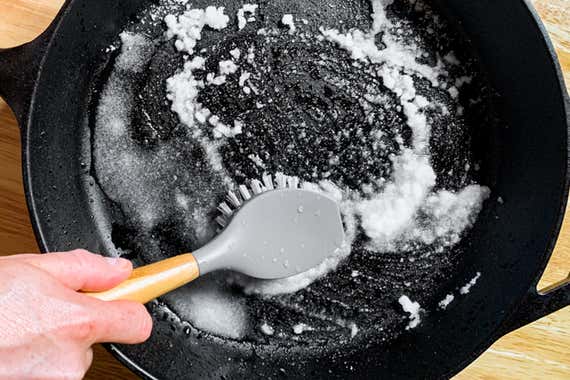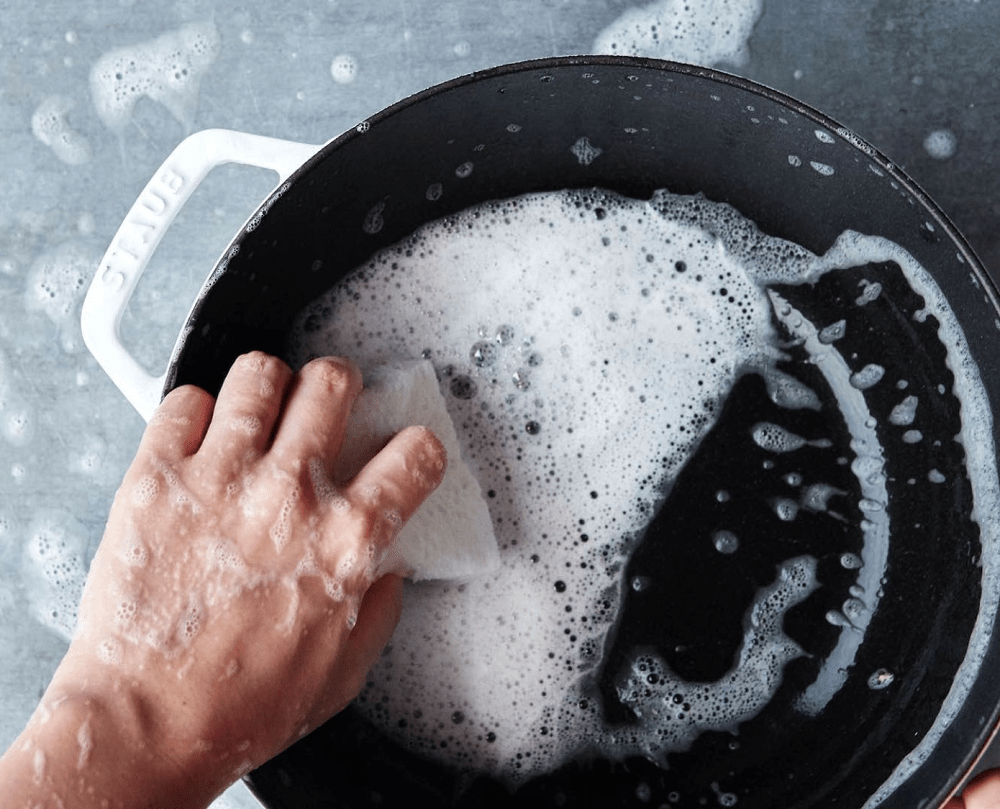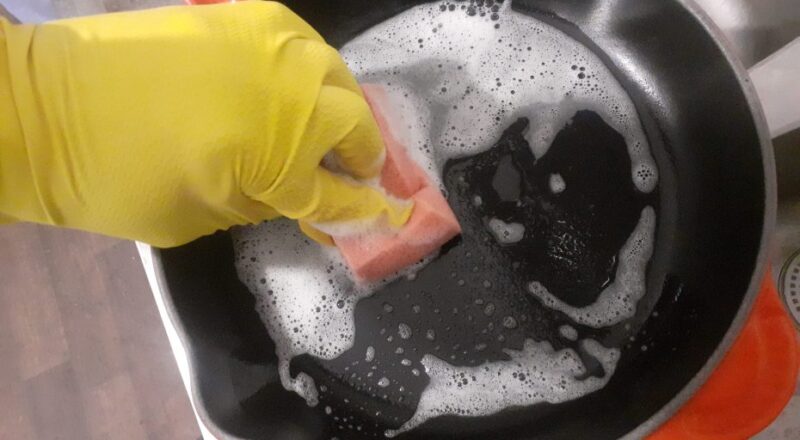Are you delighted to cook but discouraged by the sight of rust on your beloved cast iron cookware? Well, worry no more! In this article, we will explore a variety of methods on how to remove rust from cast iron cookware, ensuring they are as good as new. Our kitchen heroes may suffer from rust over time, but with proper care, we can bring them back to life and ensure your meals remain healthy and delicious.

Why Rust Forms on Cast Iron Cookware
Understanding the science behind rust formation on your cast iron cookware is essential before diving into the solutions. Cast iron is prone to rust because it is made of iron, which reacts with moisture and oxygen. The result is the formation of iron oxide, which we commonly refer to as rust. Factors such as improper cleaning, storing the cookware wet, or even high humidity in your kitchen can contribute to the rusting process.

Assessing the Rust Severity
Before determining the approach to rust removal, you must assess the severity of the rust. Minor rust can usually be fixed with simple household items, whereas advanced stages may require some elbow grease or even professional help. Here are a few ways to gauge the rust:
- Light Rust: Thin and easy to scrub off.
- Moderate Rust: Covers a significant portion of the cookware but is not deeply embedded.
- Heavy Rust: Deeply embedded and may have caused some pitting.

Necessary Tools and Materials
To effectively remove rust from your cast iron cookware, you will need the following tools and materials:
- Steel Wool: A must-have for scrubbing away rust.
- Scrub Brush: A stiff brush to clean off debris.
- Soap and Water: Mild dish soap works best.
- White Vinegar: To dissolve rust.
- Coarse Salt: Acts as an abrasive cleaner.
- Baking Soda: Another abrasive that helps with rust removal.
- Rubber Gloves: To protect your hands.
- Paper Towels: For drying the cookware.
- Cooking Oil: For re-seasoning after rust removal.

Step-by-Step Guide to Remove Rust
Method 1: Using Vinegar and Baking Soda
This method is ideal for light to moderate rust. Heres what you need to do:
- Fill the Cookware: Fill the rusted cookware with a solution of equal parts white vinegar and water.
- Soak: Let it sit for approximately an hour. For heavier rust areas, allow it to soak a bit longer.
- Scrub: Use a piece of steel wool or a scrub brush to scrub away the rust.
- Make a Paste: Mix baking soda with a small amount of water to create a paste, and scrub the cookware again to neutralize the vinegar.
- Rinse and Dry: Rinse the cookware thoroughly with water and dry it completely with paper towels.
- Re-season: Apply a thin layer of cooking oil and heat the cookware in the oven to re-season it.
Method 2: Coarse Salt Scrubbing
This method works well for minor rust and is quick to execute:
- Add Salt: Sprinkle a generous amount of coarse salt into the cookware.
- Scrub: Use a scrub brush to scrub the rusted areas. The salt acts as an abrasive agent.
- Rinse: Rinse the cookware with water.
- Dry and Re-season: Dry it completely and apply a thin layer of cooking oil to re-season the cookware.
Method 3: Baking Soda and Water Paste
Another accessible method using items you likely already have at home:
- Create a Paste: Mix baking soda with a little water to create a paste.
- Apply and Scrub: Apply the paste to the rusted areas and scrub using a scrub brush or steel wool.
- Rinse, Dry, and Re-season: Rinse thoroughly, dry completely, and re-season the cookware with cooking oil.
Importance of Re-seasoning
Once you remove the rust, it’s crucial to re-season your cookware. Seasoning adds a protective layer to the cast iron, preventing future rust and making it non-stick. Heres a quick re-seasoning guide:
- Preheat: Preheat your oven to 375F.
- Apply Oil: Spread a thin layer of cooking oil all over the cookware, including the handle.
- Heat: Place the cookware upside down in the oven with a foil-lined baking sheet beneath to catch any drips.
- Bake: Bake for one hour, then let it cool in the oven.
Preventing Rust in the Future
Preventing rust from reappearing is as important as removing it. Here are some preventive measures:
- Thoroughly Dry: Always ensure your cookware is completely dry before storing it.
- Store Properly: Store your cast iron in a dry place and avoid stacking it with other cookware.
- Regularly Re-season: Regular seasoning helps maintain the protective layer.
- Use It Often: Regular use keeps your cast iron in good condition.
Frequently Asked Questions
1. Can I use steel wool on cast iron?
Yes, steel wool is highly effective for removing rust from cast iron. Just be sure to re-season the cookware afterward.
2. Is it safe to cook with rusted cast iron?
Cooking with rusty cast iron is not recommended. Rust can transfer to your food, affecting the taste and potentially posing health risks.
3. Can I use soap on cast iron?
Contrary to popular belief, mild soap can be used on cast iron, especially when removing rust. Just ensure it is rinsed off thoroughly and the cookware is re-seasoned.
Internal Links:
External Link:
,
As an Amazon Associate, I earn from qualifying purchases.

